Photo courtesy of Stephan Schwander
Universitywide Global Health News
This page pulls together global health news from across Rutgers. To receive our monthly e-newsletter, a short, curated list of global health stories, events, and resources, subscribe to Global Health Connection.

Addressing Barriers to Surgical Care in Rural Ghana
Owing to a severe shortage of surgeons and surgical training in rural Ghana, many people are suffering—and dying prematurely—from treatable conditions. Faculty doctors Ziad Sifri and Harsh Sule created an online training program to teach surgical skills and diagnostic methods to clinicians 5,000 miles away.

Something Big is Happening at Rutgers
On March 27, Rutgers Global Health Institute is participating in the fourth annual Rutgers Giving Day, a 24-hour event that inspires significant philanthropic support for hundreds of causes across Rutgers. Institute director Richard Marlink will personally match the first $500 in donations.

Bacteria May Travel Thousands of Miles Through the Air Globally
Antibiotic resistance is one of the biggest threats to global health, food security, and development today. Rutgers scientists are part of a research team suggesting that bacteria may travel thousands of miles through the air worldwide instead of hitching rides with people and animals. Their “air bridge” hypothesis could shed light on how harmful bacteria share antibiotic resistance genes.
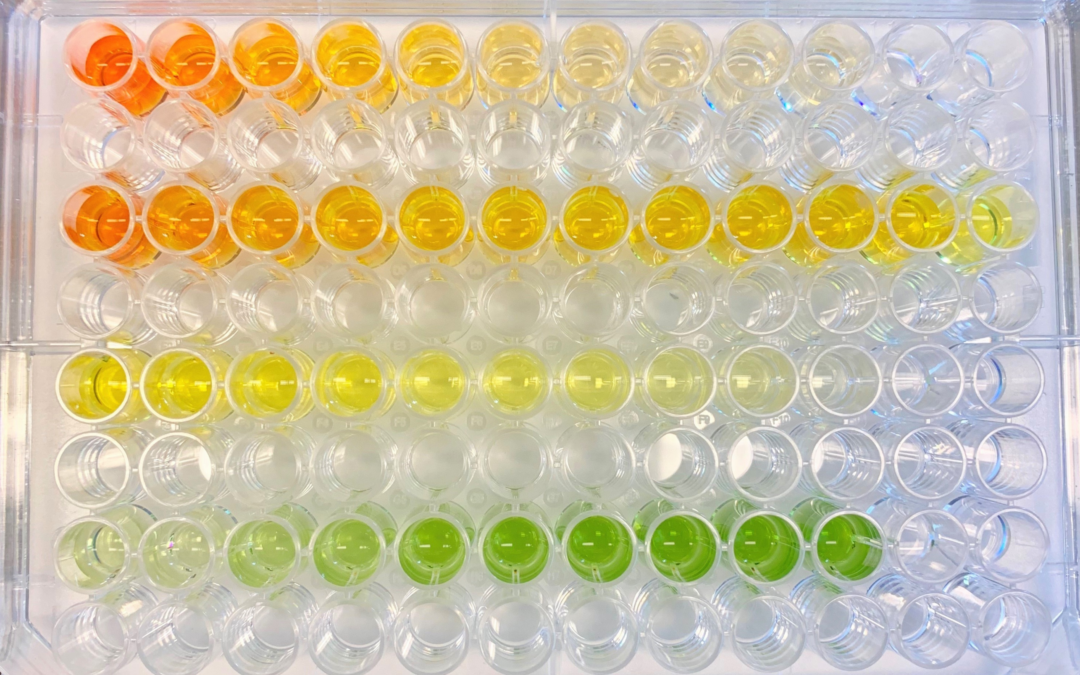
Improving TB Treatment—and Survival—in the World’s Poorest Places
Tuberculosis researcher Christopher Vinnard of Rutgers’ Public Health Research Institute is developing a urine test that can pinpoint—easily and resourcefully—the effectiveness of patients’ TB treatment dosages. This new test would be more accessible to clinicians in low-income countries.
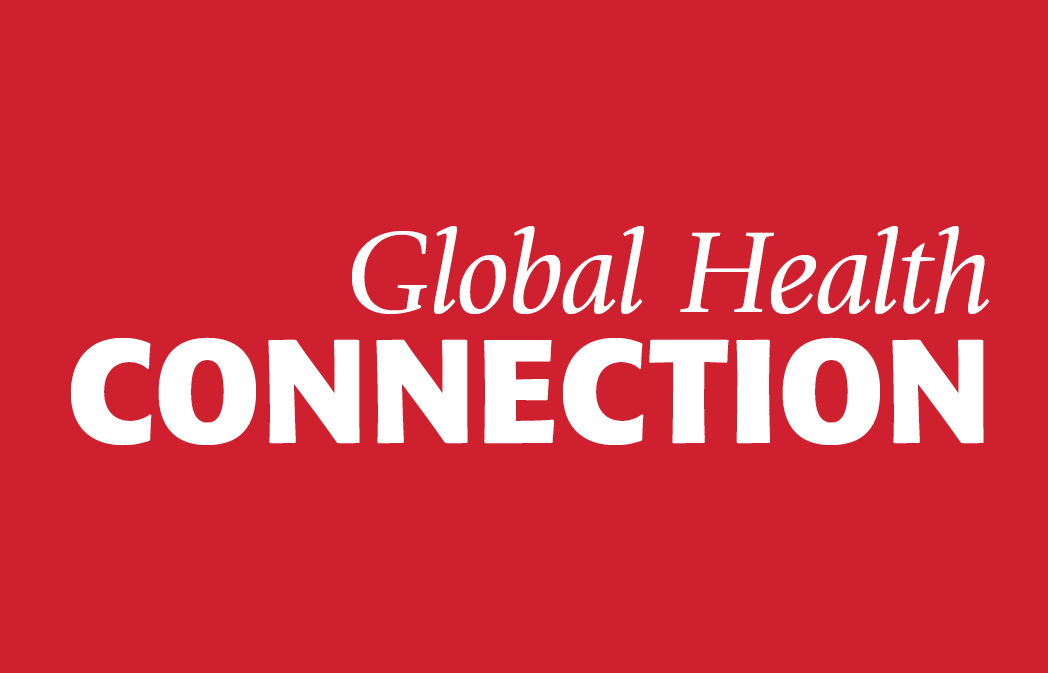
Introducing Global Health Connection
Global Health Connection is a monthly newsletter published by Rutgers Global Health Institute. Each issue includes global health stories, events, and relevant resources from across Rutgers, all curated for your inbox in an easily digestible format.

Climate Change Shrinks Many Fisheries Globally, Rutgers-Led Study Finds
Climate change is leading to a decline in fish populations, which could have a devastating effect on developing countries that rely on seafood for nourishment and livelihoods, according to a Rutgers-led study.
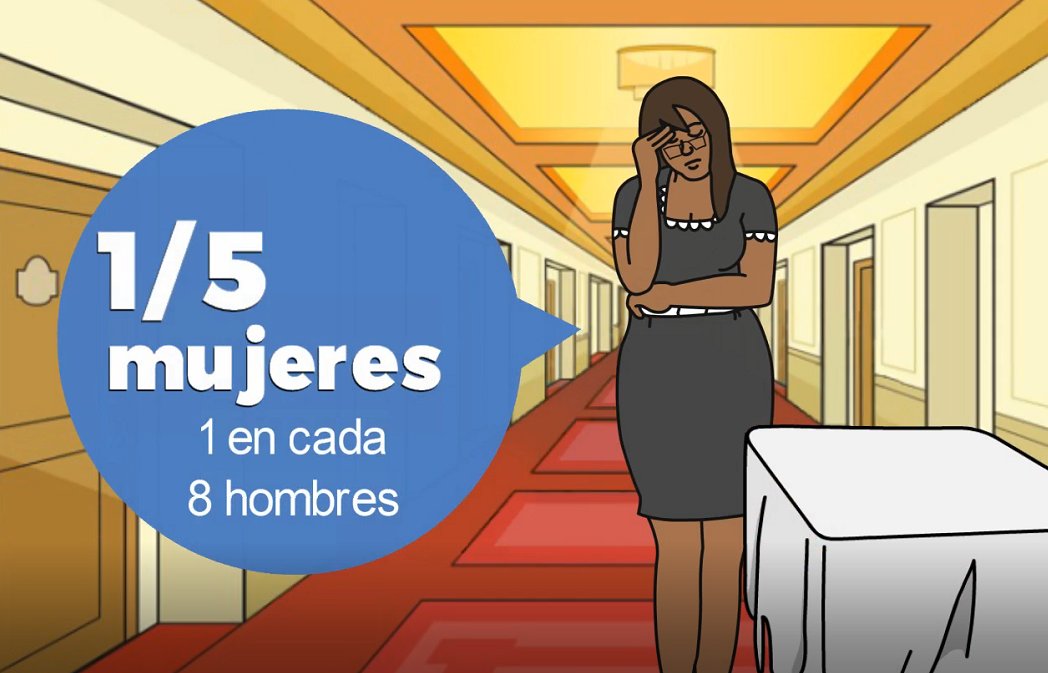
How to Develop Cultural Competence
Nursing science faculty member Susan Caplan, an authority on the assessment and treatment of mental health issues in Latino communities, offers practical tips for developing cultural competence while working in global health.

Confronting the Brutal Inequality in Cancer Care
Among the many impacts of a new partnership between Rutgers and Botswana will be improved cancer care and prevention. Because a key challenge in Botswana is workforce capacity in the health sector, an early action item will be to train more clinicians to provide the specialized medical services that are needed in oncology and related fields.
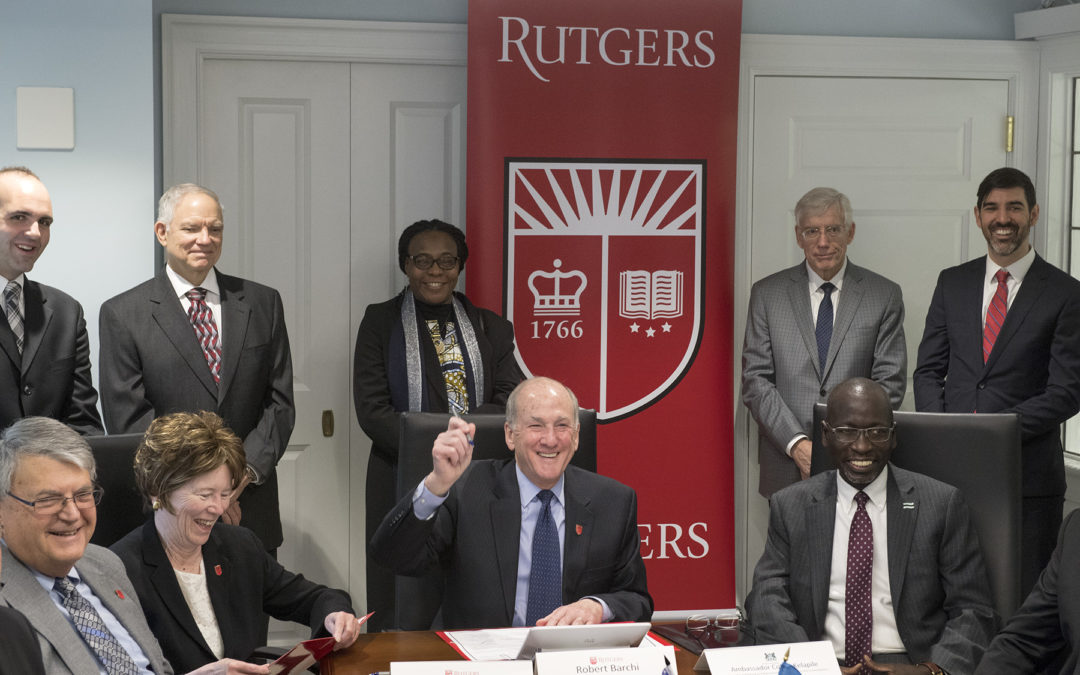
Rutgers Establishes Collaborative Partnership With Botswana
Rutgers is dedicated to serving New Jersey—and the world. The university’s new partnership with Botswana, located in sub-Saharan Africa, aims to create transformational change throughout the country. In addition to improving the national health system, the Botswana-Rutgers collaboration will address information technology, higher education research, entrepreneurship, and civic leadership.
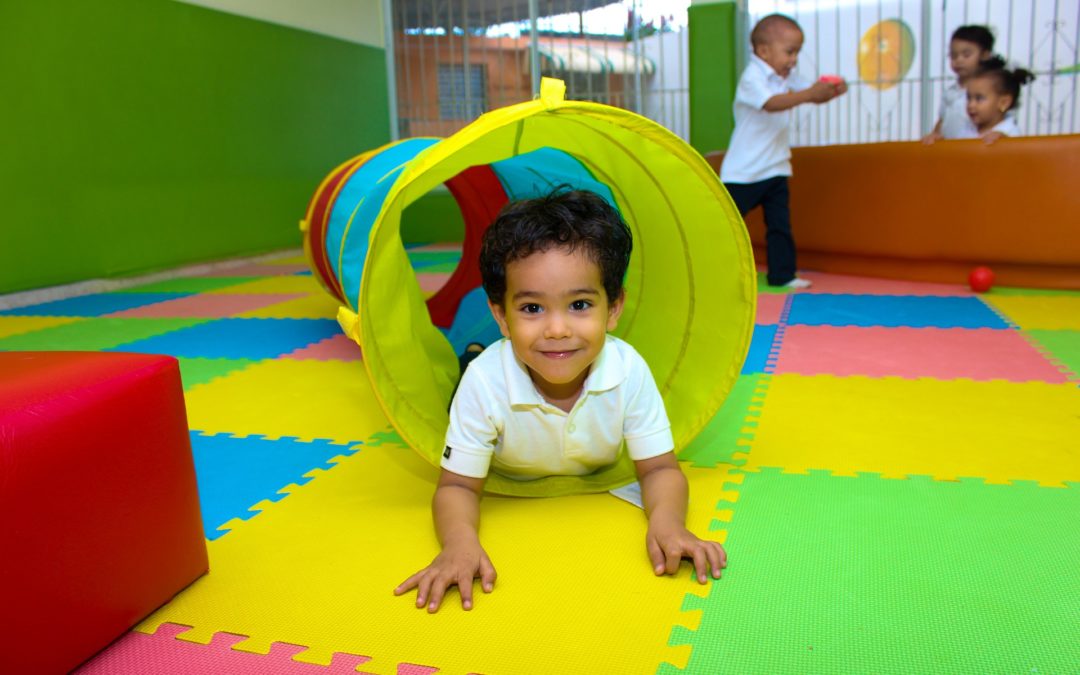
Is Pre-K Doing All It Can to Improve Child Health?
Preschool is an opportunity to foster a culture of health in which childhood poverty doesn’t lead to poor adult health, according to a policy paper by Rutgers’ National Institute for Early Education Research. High-quality preschool can contribute to children’s physical and mental health throughout their lives.
